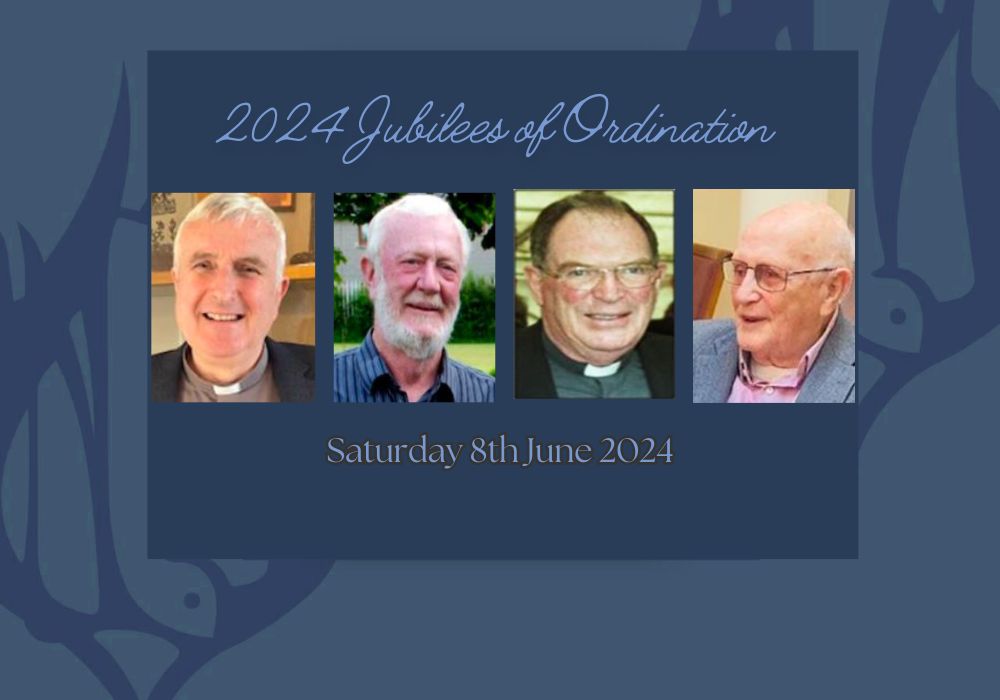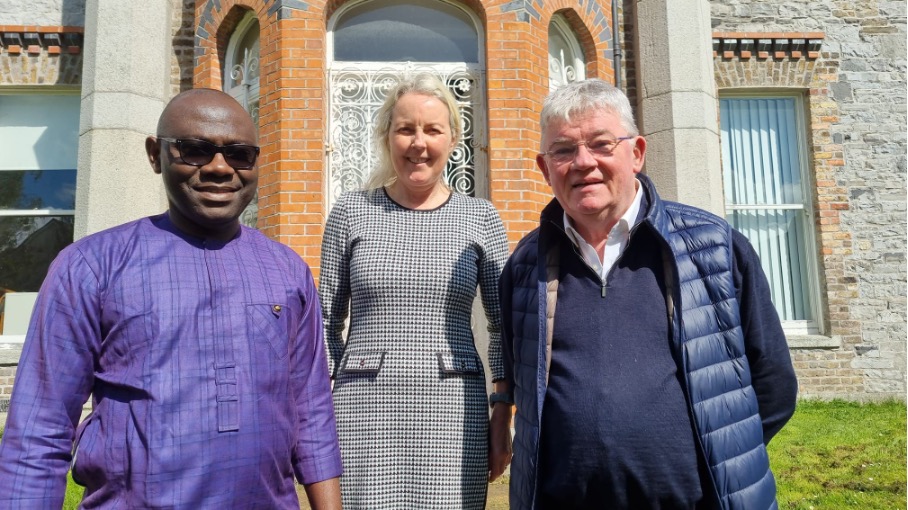Invited to “witness” the marriage ceremony in a Catholic church of three very different couples, I have recently come into a certain contact with “contemporary” Christian marriage in Ireland.
I was asked by a ‘friend of a friend’ to witness the marriage ceremony of the first couple. The young bride and groom were lovely, mad about each other. The bride sent me the wedding booklet, beautifully assembled. I strongly suspect that it was the bride’s mother who did most of the work in putting together the booklet – the readings, the prayers, prayers of the faithful etc. Neither the bride nor the groom seemed to me to have had much experience of church.
The second couple put an extraordinary amount of work into every aspect of their celebration. At the church a big blackboard had the words “Welcome to the marriage of X and Y” written in beautiful big letters. A large group of people was in the church for the “practice” the evening before the wedding. (The first couple felt that they did not need a practice.) The ceremony, the meal and the “afters” were all meticulously planned. I know the bride’s parents well; I witnessed their wedding many, many moons ago! The bride is a teacher committed to the “best” that she can do/give. Her husband is with her all the way, interested in what is going on and supportive.
I cannot say too much about the third couple because I am only going to meet them this very evening for the first time. They have no wedding booklet put together as yet, although they have really beautiful classical music picked for different parts of the ceremony. I will put some of the various options before them and give them some serious work to do in preparation!
What strikes me about this very small sample of “contemporary” Christian marriage is not what people “know” about faith/church/practice but rather how serious all three couples, in their very different ways, are about all aspects of the occasion. The people in the church don’t know – or don’t answer to – the prayers in the Mass/ceremony but then wasn’t it ever thus in Ireland?
The Scriptures today teach us about the importance and centrality of loving relationships to the expression of our faith. The reading from Genesis begins the story of our salvation with a vision of humanity in harmonious relationship with nature. We are formed from the earth, returning to the earth when we die, the earth that we share with creation. The Gospel contrasts two different aspects of human nature; the Pharisees attempt to exert authority/power over Jesus by testing his understanding of aspects of the law and Jesus responds, reminding them that the law was only given to them as they had lost touch with the truth of the loving relationship at the heart of creation. His response and His welcoming of little children are in stark contrast to the patriarchy of the time. Unlike the Pharisees, Jesus views women and children as equals to men.
Let us pray that we will be blessed with the same compassionate spirit of Jesus to build a more just society that focuses on restoring our harmony with nature.
The best way to restore men and women to their rightful place, putting an end to their claim to absolute dominion over the earth, is to speak once more of the figure of a Father who creates and who alone owns the world. (Laudato Si’ 75)








